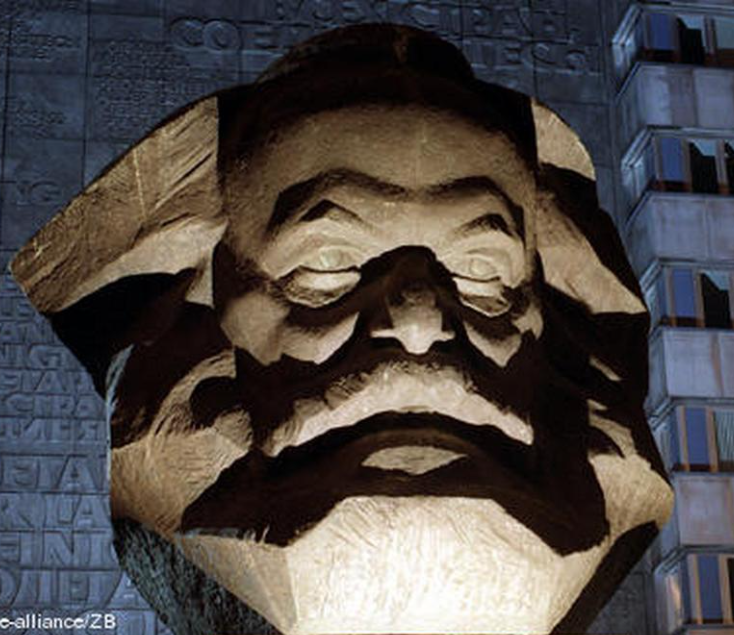Penrose is a physicist that has worked on the great mysteries like cosmology and consciousness. For Penrose, he reluctantly calls himself a materialist because he admits he doesn’t know what matter really is even tho he ostensibly is a materialist in practice.
What do you make of this?
In light of the recent “religion” decree on lemmy, how does Penrose’s reluctance interact with notions of religon? If there is a non-physical world that interacts with the physical world, then is the non-physical world somehow immaterial? Or could it be material? Can the material be subdivided into “alternative materials” with seperate functions, similar to how structural forces give rise to attitudes, and attitudes give direction to maintain or change structures? Sometimes ideas become so entrenched that they become structural and affect matter beyond what happens in the brain. Similarly, material forces that are not present still affect us (and then those affects re affect us as we contextualize things), for example the actions of our ancestors or the past itself. Furthermore, with any amount of predictive ability, the looming, foreseen future affects the present even though it has not materialized.
Oftentimes we may be off put by a seperation between material and spiritual or non physical, but what if they are still basically the same thing and the distinction is a red herring.


The reason why not all scientists are materialists is because materialism (and science in general) is built on shaky philosophical foundations namely problem of induction and mind body problem. In practice most scientists are pragmatists (and also not philosophers) so they ignore these foundational problems and carry on with business as usual (as materialists) but make no claim about these things either way. We should probably do the same.